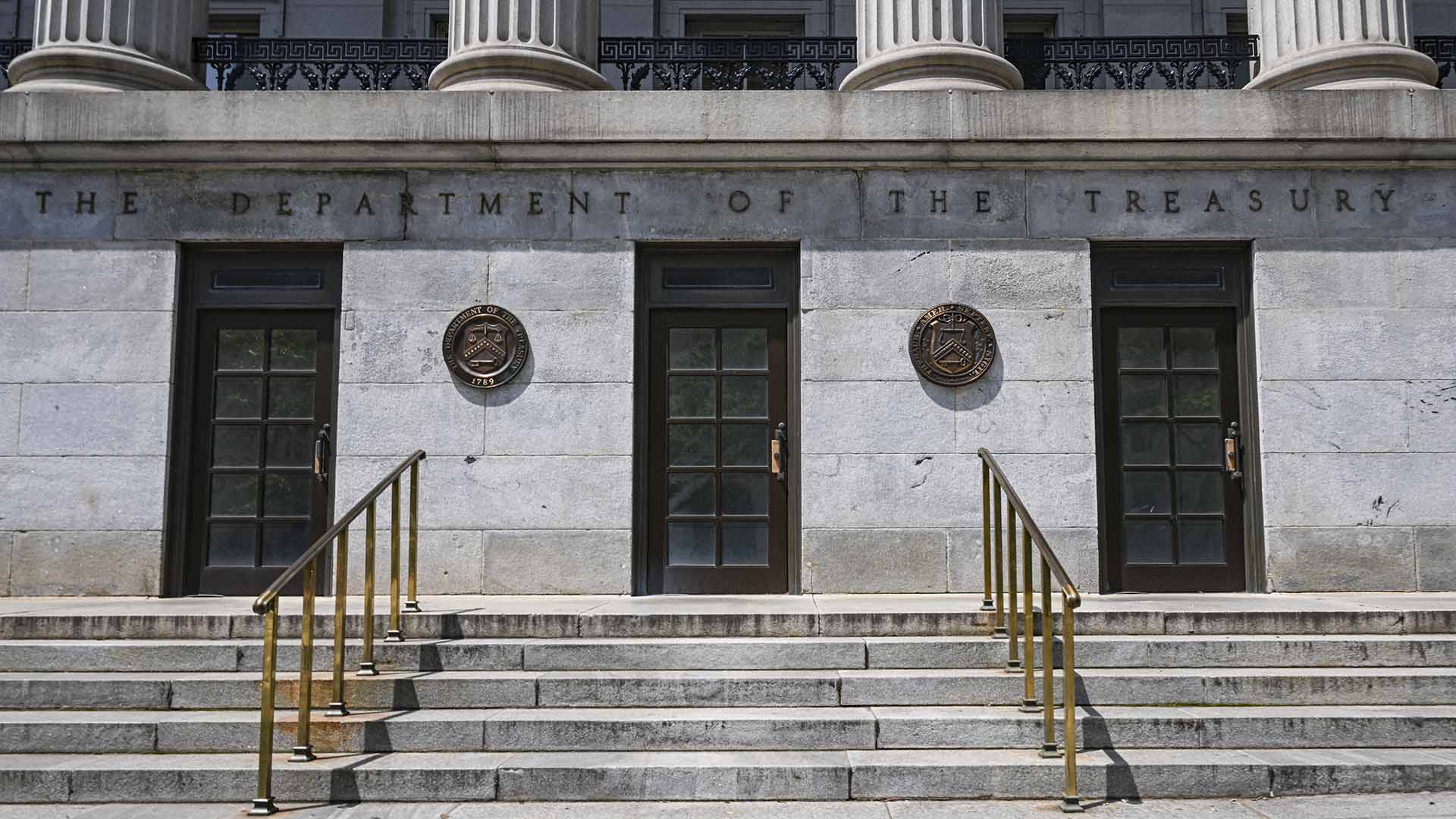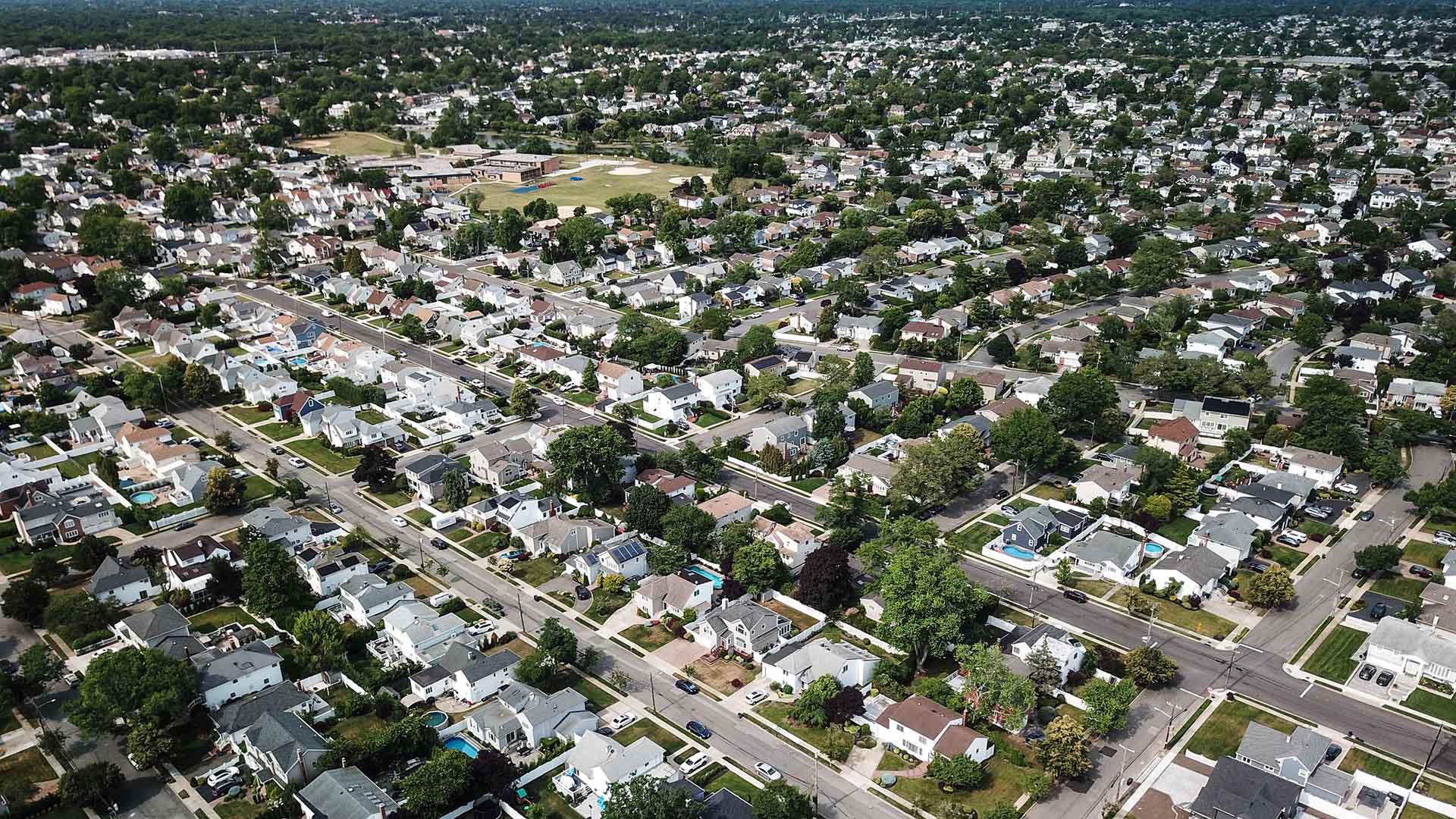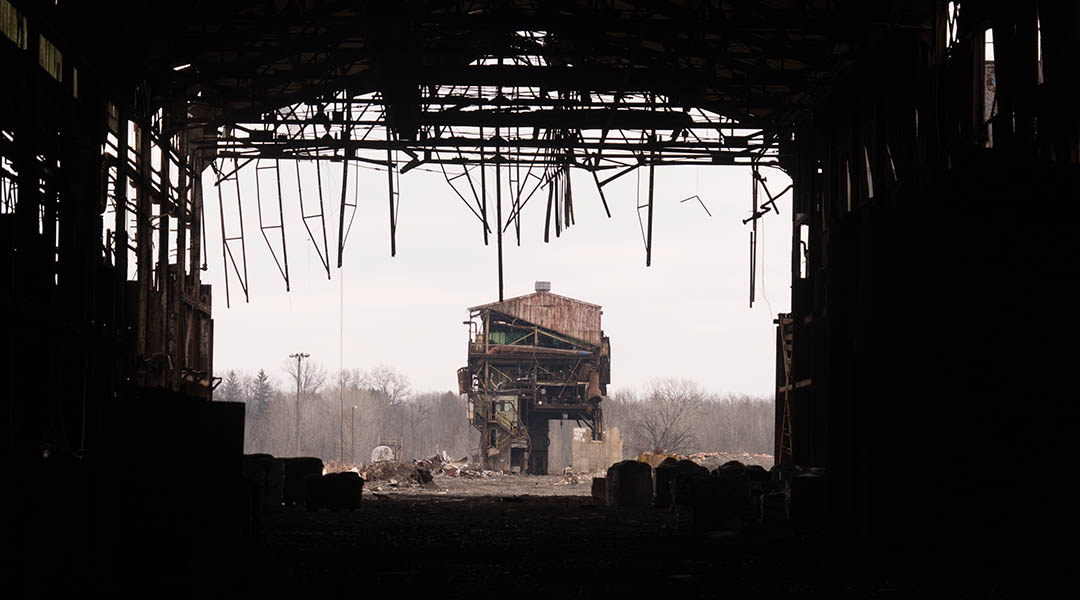REAL ESTATE
Report flags over $2.6B laundered through US commercial real estate
Researchers cited ICIJ’s 2020 investigation into a Ukrainian oligarch’s sprawling property portfolio among 25 cases of allegedly ill-gotten funds being funneled into the sector.
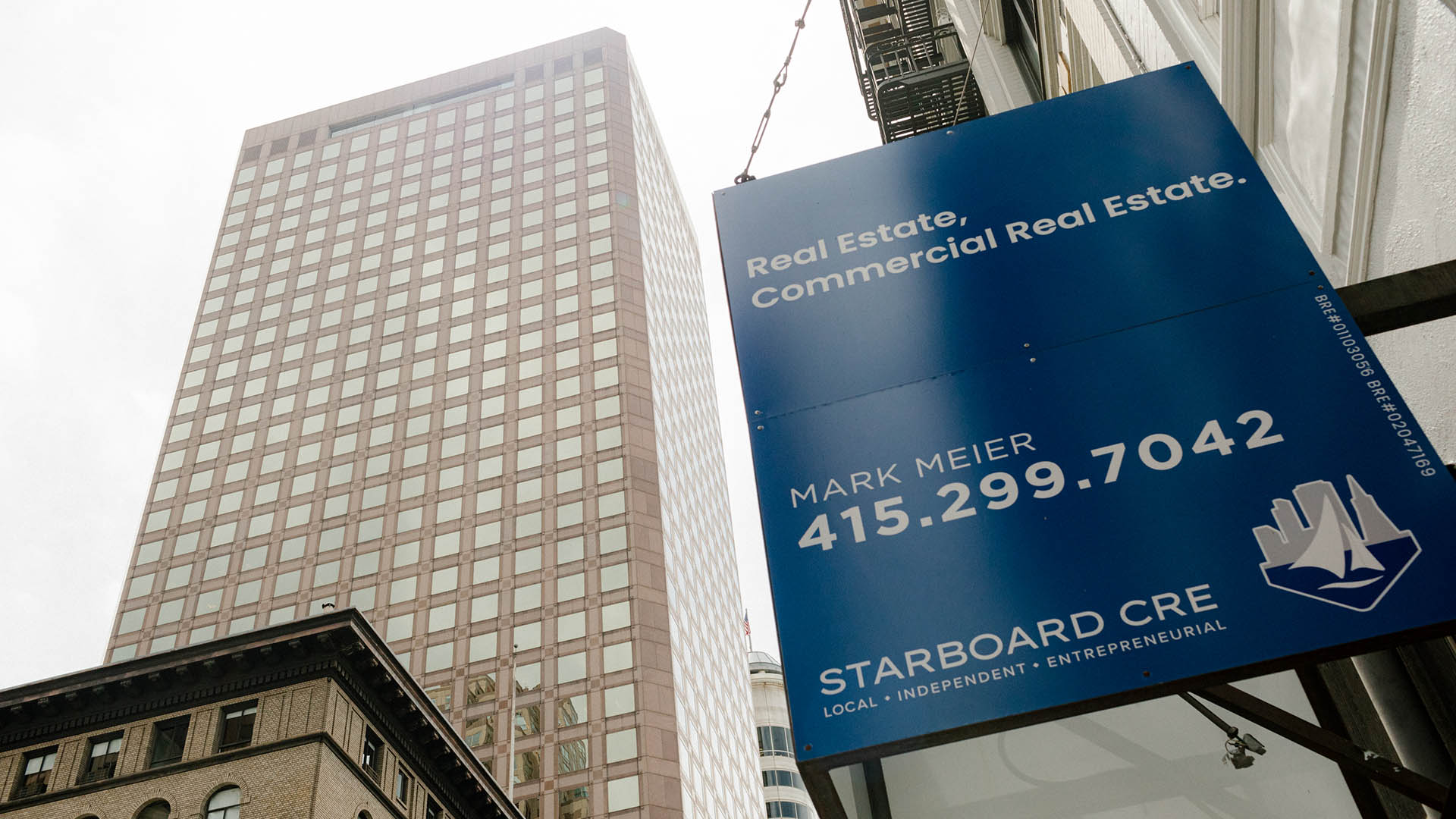
At least $2.6 billion of illicit or suspicious funds were invested in commercial real estate across the United States over the last 20 years, according to a new report by a network of anti-corruption advocacy organizations.
The report, published in early May, analyzed 25 cases from publicly available sources, such as government indictments and news reports, to give a glimpse into how commercial properties — including shopping malls, supermarkets and an equestrian facility — could be used for money laundering. The cases represented only a fraction of dirty money flows into the market, the report notes.
In 2020, the FinCEN Files investigation, led by the International Consortium of Investigative Journalists and BuzzFeed News, revealed how Ukrainian oligarch Ihor Kolomoisky built a U.S. real estate empire over a decade, acquiring at least 22 properties, including a prominent Cleveland skyscraper and a dormant Motorola facility on farmland in northern Illinois. In the wake of the buying spree, ICIJ found Kolomoisky and his associates left a trail of vacant and boarded-up buildings, unpaid property taxes, hazardous factory conditions, unemployed workers, and at least four steel mills that filed for bankruptcy.
Kolomoisky has been accused by the U.S. and others of siphoning billions of dollars from Ukraine’s largest bank, PrivatBank, which he then co-owned, through an audacious global scheme. He has denied breaking any laws in either country.
The joint report by the Anti-Corruption Data Collective, the FACT Coalition and Global Financial Integrity cited the exposé as a “prime example” of a “full-system failure.”
“No real estate agent inquiry, local government agency review or federal regulator investigation had previously triggered any red flags about Kolomoisky’s investments,” the report said.
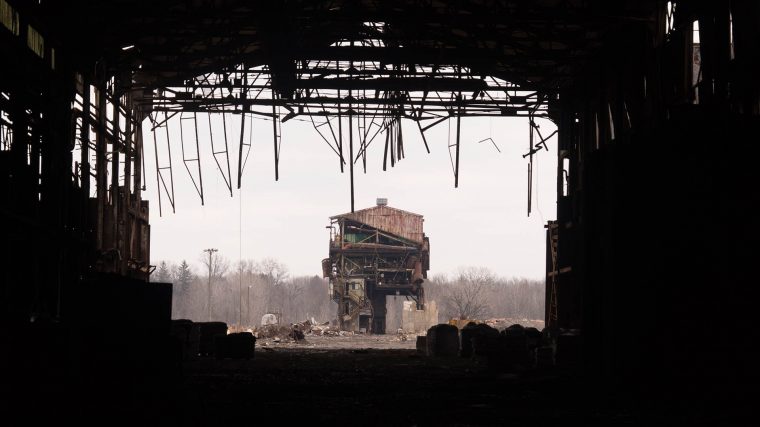
The researchers found that in most cases reviewed an “array of enablers,” including lawyers, real estate agents, title companies, limited liability companies, and banks had facilitated — sometimes unknowingly — the laundering of what amounted to billions of dollars.
The funds came from 14 countries including the U.S., Russia, Mexico, Iran and North Korea and were invested across 22 states, particularly in California, Florida and New York. More than half involved foreign government officials, their relatives, or oligarchs who benefited from proximity to power.
Let’s just say that money launderers don’t make good landlords.
— Erica Hanichak, director of government affairs at the FACT Coalition
In February, FinCEN, the U.S. Treasury’s financial crimes unit, published proposed guidelines to prevent the flow of illicit funds into residential real estate by exposing bad actors who buy properties using trusts or other secretive legal entities. It followed the release of a Transparency International report in late 2023 that showed the U.S. lagged far behind several other countries, including members of the OECD, in applying nationwide anti-money laundering obligations to both commercial and residential real estate transactions.
FinCEN has flagged that the agency is considering options to increase transparency in the commercial sector but has not publicly announced a timeframe.
Meanwhile, the new report warns that the use of offshore investment vehicles as conduits for commercial real estate transactions, paired with a lack of beneficial ownership information, makes it difficult to determine who is buying up the U.S. market.
“Unlike residential real estate, in which the transaction is relatively uncomplicated and the possibility of determining the true individuals behind the purchase is relatively simple, identifying who is behind the purchase of commercial property often presents a much greater challenge,” the report said.
Erica Hanichak, FACT’s director of government affairs, told ICIJ that money laundering can also occur through commercial apartment complexes, impacting tenants and communities by “making it harder to access affordable housing and live in properties that might be safe.”
“Let’s just say that money launderers don’t make good landlords,” she said. “We see plenty of cases in which apartments have fallen into disrepair and the landlords remain unable to be held accountable for the condition of the property.”
